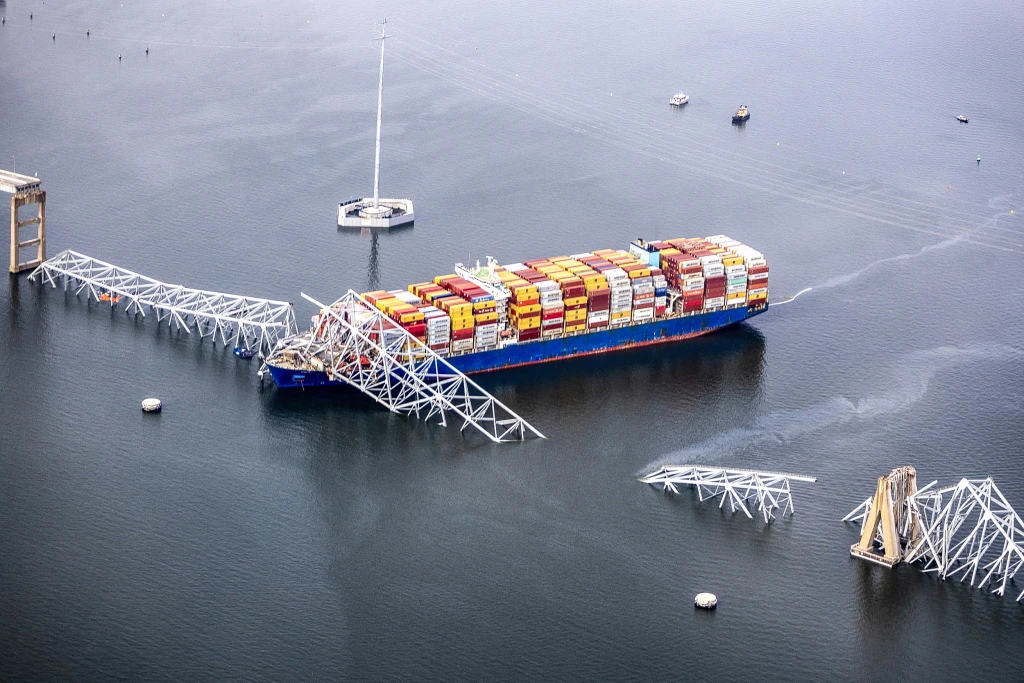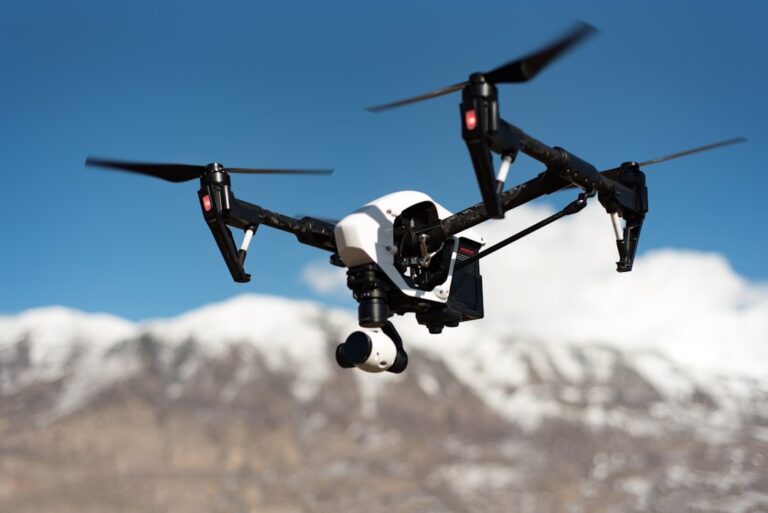
The Baltimore bridge crash raises issues with the supply chain.
A container ship that collided with a bridge in the US city of Baltimore has sparked worries about a potential “ripple effect” on international supply lines.

The bridge covered the entrance to the Port of Baltimore, which is the ninth-busiest port for international commerce and the busiest port in the US for car exports.
It’s assumed that six people are deceased.
More than 47 million metric tons of foreign cargo pass through the port every year; officials have announced that maritime trade will cease “until further notice.”
As per Marco Forgione, director general of The Institute of Export and International Trade, the ban would have a “significant ripple effect on global supply chains,” he told the BBC.
These include Ford, Jaguar, Land Rover, Nissan, Fiat, Audi, and General Motors, among other US, UK, and EU companies.
When it comes to processing farm and construction machinery, Baltimore is the US port with the highest volume, as well as the busiest port for vehicle shipments.
In terms of US coal exports, it is also the second-largest port.
At a press conference, US Secretary of Transportation Pete Buttigieg stated that there was “no question that this will have a major and protracted impact on supply chains.”



